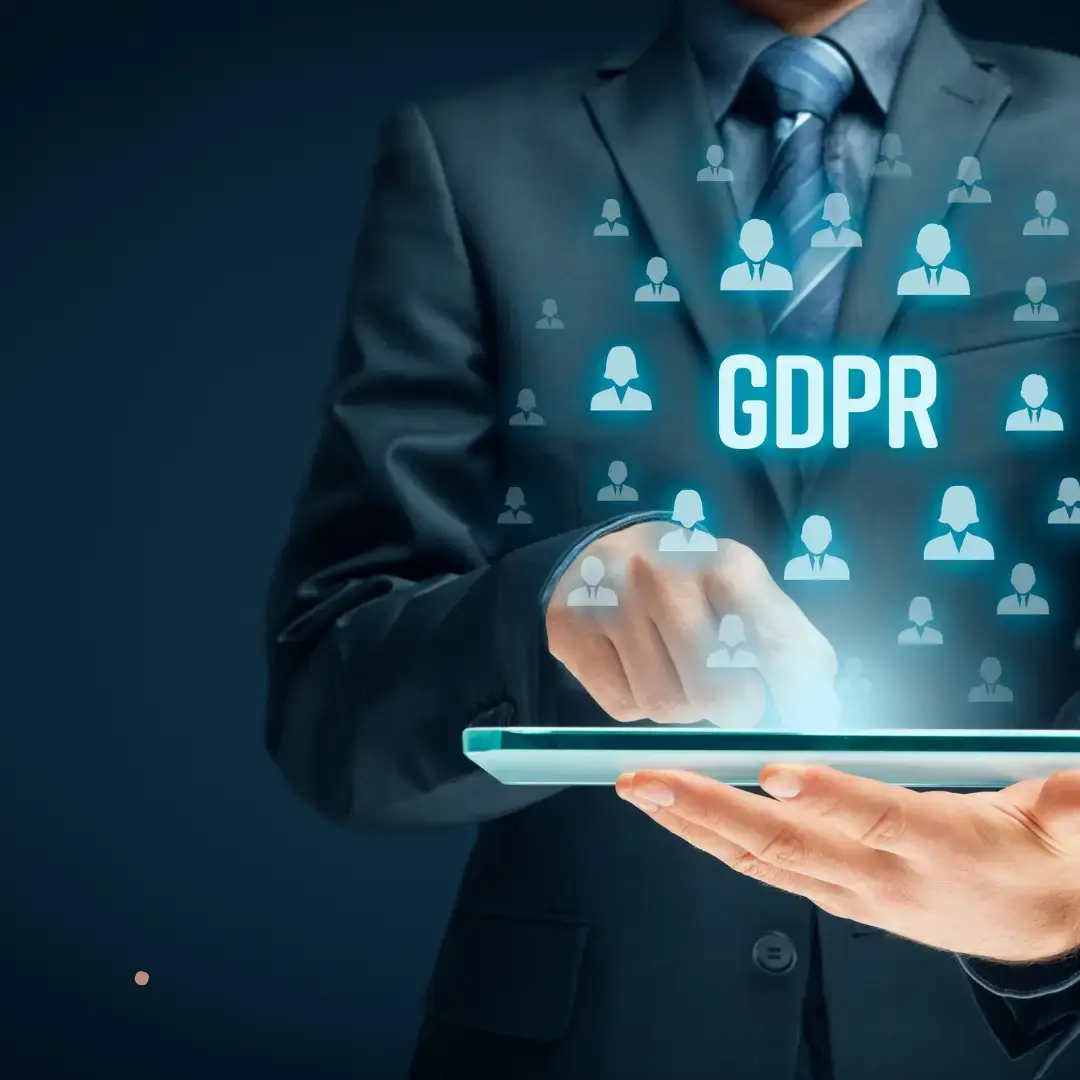1️⃣ Introduction
Visit General Data Protection Regulation (GDPR) has been in force since 2018, but many companies in Belgium and Switzerland are still finding it difficult to comply.
Between the stringent data protection requirementsand the heavy penalties for non-compliance, it's crucial to adopt the right approach. a proactive approach.
In this article, we will look at essential legal obligations and best practices to ensure RGPD compliance of your company.
🔍 2️⃣ RGPD: What are your obligations in 2025?
Visit RGPD imposes a certain number of requirements on companies handling personal data. Here are the main obligations :
📌 1. Data collection and processing
✔ You must inform users about the purpose of collection data.
✔ Data must only be collected for a specific precise and legitimate objective.
✔ The user's consent must be clear, explicit and documented.
📌 2. Data security and confidentiality
✔ Set up safety protocols (encryption, restricted access, etc.).
✔ Ensure the system updates to avoid security breaches.
✔ Designate a Data Protection Officer (DPO) if necessary.
📌 3. User rights
✔ Enable users to request access, rectification or deletion their data.
✔ Ensure the data portability if a user wishes to transfer them to another service.
📌 4. Data breach notification
✔ You must report any data leakage the Data Protection Authority (DPA) in Belgium or the Federal Data Protection Commissioner in Switzerland within 72 hours.
📌 3️⃣ RGPD in Belgium vs Switzerland: what are the differences?
Although Switzerland is not part of the European Union, it has adopted legislation similar to the RGPD: the nLPD (New Data Protection Act)which comes into force in 2023.
🇧🇪 In Belgium
✅ Strict application of European RGPD
✅ Penalties of up to 4% of worldwide sales
✅ Obligation to appoint a DPO for certain companies
🇨🇭 In Switzerland
✅ Act aligned with RGPD but with fewer administrative obligations
✅ Penalties of up to CHF 250,000
✅ Obligation to inform users about the purpose of data processing
In short, even though Switzerland has its own rules, it is preferable to any company operating in Europe to adopt the RGPD as standard to avoid any legal complications.
🚀 4️⃣ How can you ensure your company's compliance?
🛠 1. Perform a compliance audit
A RGPD audit helps you identify gaps in your data management and define the necessary corrective measures.
🔒 2. Strengthening cybersecurity
✔ Install a firewall and a antivirus (e.g. Bitdefender).
✔ Encrypt sensitive data to prevent information leakage.
✔ Set up a access management policy to the data.
📄 3. Update privacy policy
Your website must display a clear and transparent privacy policyspecifying :
✔ Types of data collected
✔ The purpose of data processing
✔ Data retention period
📧 4. Manage user consent
✔ Set up a RGPD compliant cookie banner.
✔ Enable users to easily select accepted cookies.
✔ Keep a consent trail as proof in the event of an audit.
✅ 5️⃣ Conclusion
Compliance with the RGPD is a legal obligationbut also a an opportunity to strengthen your customers' trust.
📞 Need support to ensure RGPD compliance in Belgium or Switzerland? Contact Webiphi today for a personalized audit and customized solutions!







